Remember when we used to think eggs, coffee and alcohol were all bad for us? As it turns out, these are just a few of the foods that we used to think were harmful to our bodies that are now seen as not so bad.

Eggs
The bad rap of eggs used to be that they were loaded with fat and would send your cholesterol through the roof, but current research indicates that an egg is actually a powerhouse of nutrition. And while ingesting egg yolks may indeed result in a slight increase in cholesterol levels, eggs are also loaded with nutrients including riboflavin, folate and vitamins D and B12 that can actually lower the risk of heart disease.
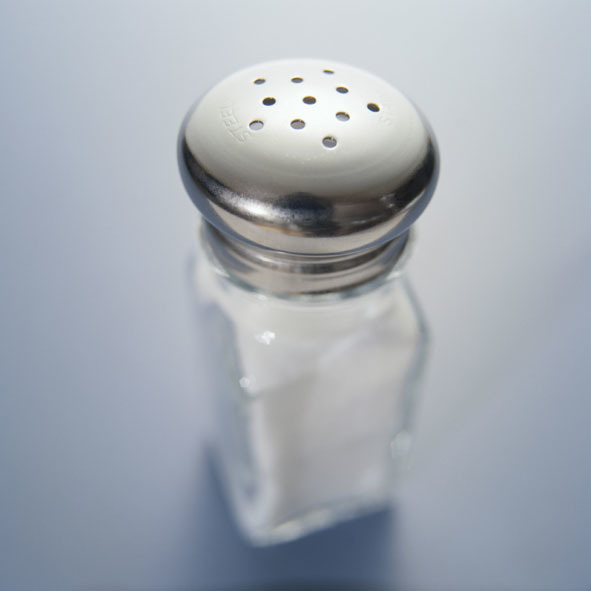
Salt
For ages, doctors have been telling us to cut back on salt or risk high blood pressure, stroke and coronary heart disease. According to research, however, sodium is necessary for preventing dehydration, allowing proper transmission of nerve impulses and to keep our cells functioning normally. It may also be responsible for reducing stress and could even guard against depression.
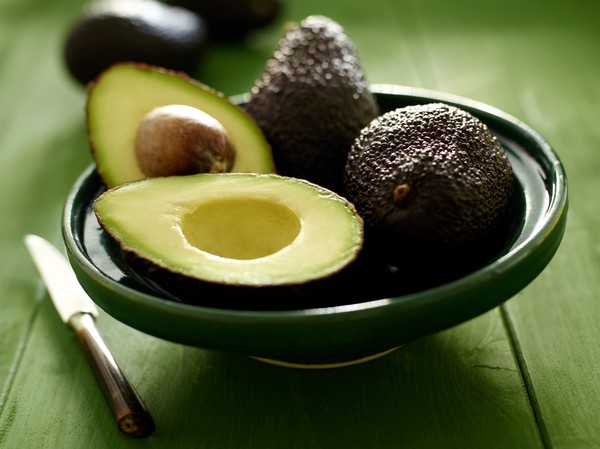
Avocados
Avocados used to be tarnished by the belief that they were too fatty, but we now know that it’s the good kind of fat. In fact, studies have found that avocados (in addition to being crammed with vitamins and minerals) can lower levels of bad LDL cholesterol, as well as boasting anti-inflammatory properties and improving vascular health.

Alcohol
The health risks of drinking too much are certainly evident, but moderate drinking has been found to present health benefits, with one study finding that people who had at least one drink per week were less likely to have impaired cognitive function later in life than teetotallers. Meanwhile, red wine is loaded with resveratrol, an antioxidant linked to increasing levels of good HDL cholesterol.

Chocolate
Chocolate has always been seen as a sweet treat that is as delicious as it is unhealthy. We now know that chocolate — especially dark chocolate — has a wealth of health benefits, with research showing that those who eat a lot of of chocolate actually have lower body-mass indexes than those who don’t.
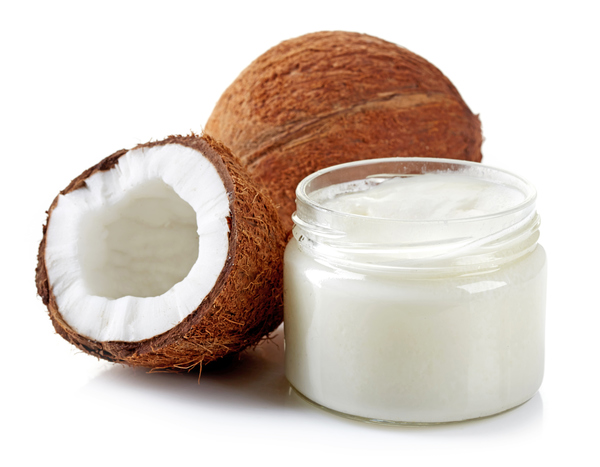
Coconut Oil
In the past, coconut oil was dubbed bad for us because it’s so high in saturated fat. These days, coconut oil is seen as a health bonanza. While too much saturated fat is in fact unhealthy, research has found that coconut oil has the ability to boost HDL cholesterol — the good cholesterol — and also contains antioxidants.

Coffee
Remember when coffee was deemed bad, seen as an addictive stimulant responsible for various health woes? Not anymore. As it turns out, researchers have found that drinking coffee doesn’t increase the risk of cancer and cardiovascular disease, and one study linked coffee drinking to lower rates of type-2 diabetes, a reduced risk for certain cancers, and even improved memory, mood and energy levels. In the U.S. federal government’s January 2016 updated dietary guidelines, drinking between three to five cups of coffee per day is now seen as harmless.

Margarine
After a 30-year study by Harvard researchers, results indicate that margarine is actually better for you than butter, as replacing saturated fat (butter) with unsaturated fats (margarine) had “the most impact on reducing the risk of heart disease.”
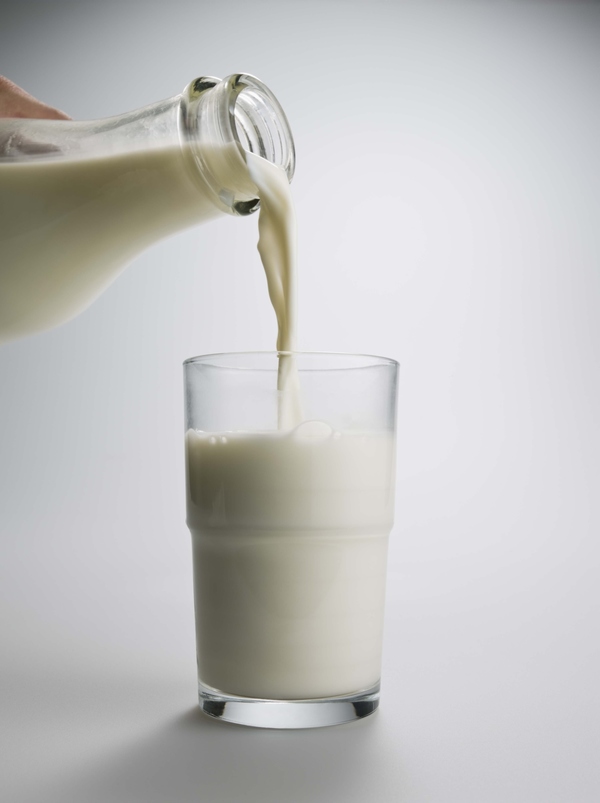
Whole Milk
Whole milk is too fatty, we used to believe, and skim milk or even two percent is healthier. Not quite, though. A 2015 study found that those who eat full-fat dairy are no more likely to develop cardiovascular disease and type-2 diabetes than those who only consume low-fat dairy. In fact, the study found no evidence that low-fat dairy is any better for you, with results indicating that test subjects who frequently ate butter, whole milk and cream actually had lower obesity rates than those who avoided dairy fat altogether.
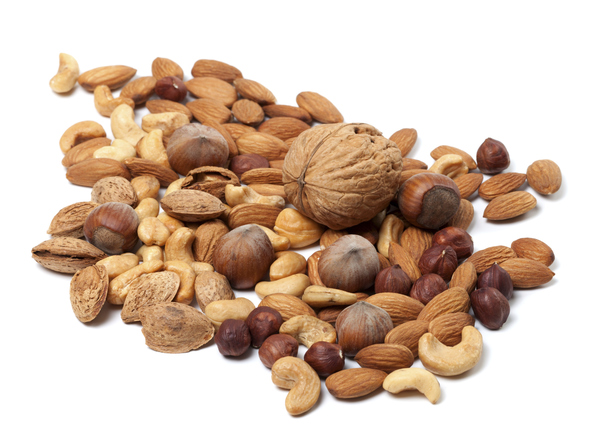
Nuts
Nuts are high in fat, conventional wisdom used to dictate, and should be avoided or eaten only in moderation. As it turns out, nuts are indeed loaded with fat, but it’s the good kind of heart-healthy fat. Not all nuts are created equal, however, and different nuts offer differing health benefits; the skin of almonds, for example, is loaded with flavonoids, which have been demonstrated to protect against heart disease.

Peanut Butter
We’ve always been told that peanut butter was too fatty and too high in calories to be healthy, but that’s no longer the case. In fact, studies indicate that regularly consuming peanut butter can lower the risk of developing type-2 diabetes.

Popcorn
Popcorn can be one of the healthiest and unhealthiest snacks for you, depending on certain variables. Movie-theatre popcorn, cooked in oil and drenched in artificial butter, is a high-calorie artery clogger. Air-popped corn, however, is seen as a supremely healthy snack — just make sure it’s not loaded with unhealthy toppings.

Potatoes
Potatoes are just unhealthy starch and weight-gaining carbs, and offer little nutritional value, right? Wrong! Potatoes are actually an excellent source of vitamin C, with a medium-sized spud (skin on) providing almost half of your recommended daily intake. Potatoes are also rich in other nutrients, including vitamin B, folate and minerals such as potassium, magnesium and iron.
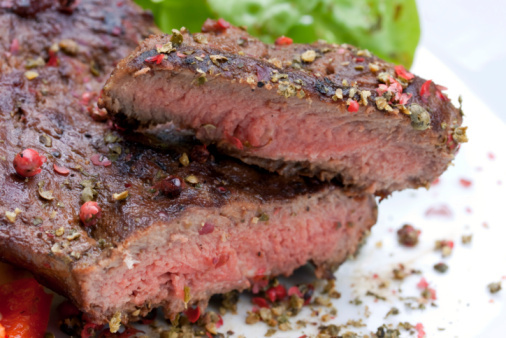
Red Meat
We used to hear that a diet heavy in red meat can be responsible for all manner of health problems down the road. Recent studies, however, have shown no correlation between red meat consumption and a shorter lifespan, but the key is how much meat one eats. As with most things, the key is moderation; while eating a lot of red meat has been associated with increased risk of colo-rectal cancer, that risk is cut way down for those who eat less than 70 grams of red meat per day.
Brent Furdyk is a freelance writer in Vancouver.
